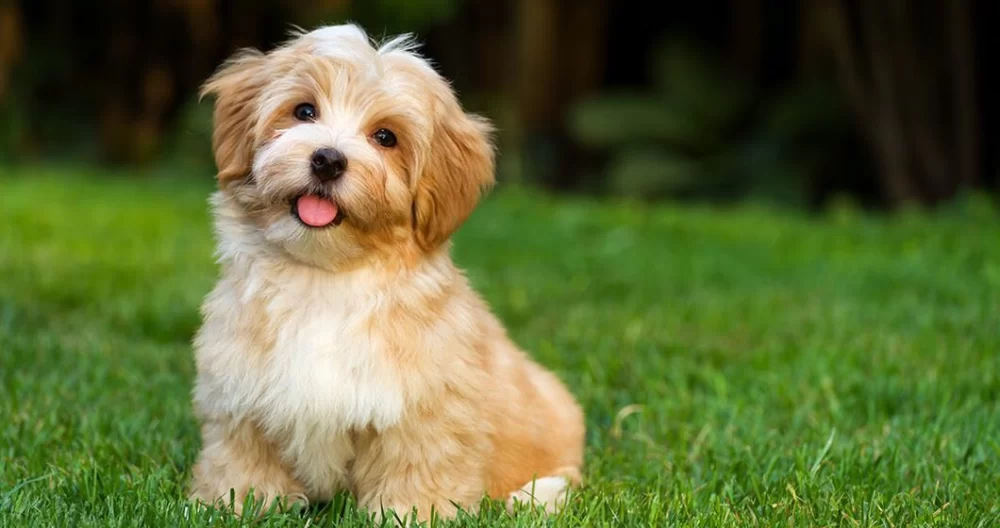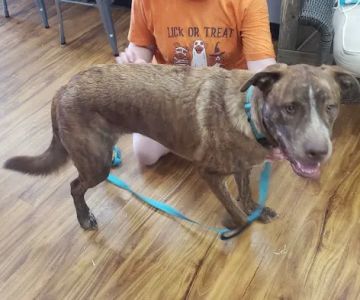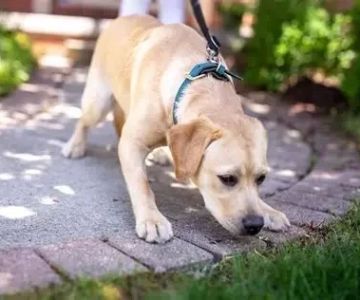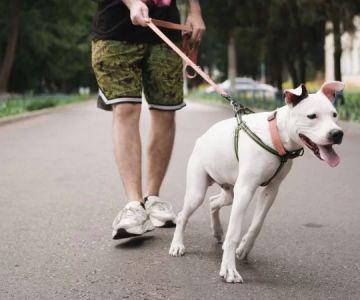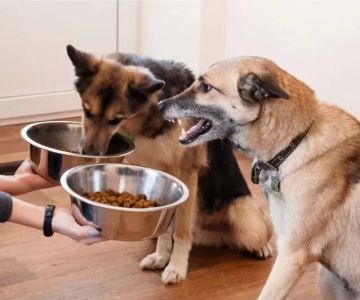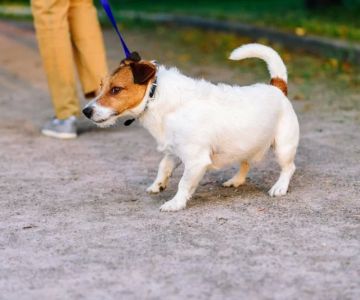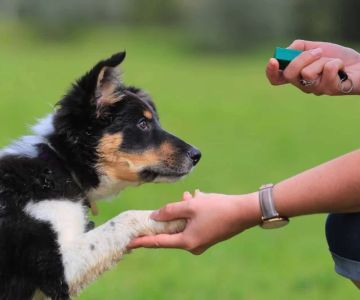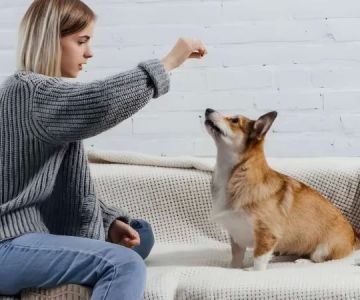What Should Be Done If a Dog Likes to Eat Feces and How to Train It?
As a dog owner, discovering that your dog eats feces (a behavior known as coprophagia) can be both puzzling and concerning. While this behavior might seem gross or unnatural to us, it’s actually fairly common among dogs. But why do dogs eat poop, and more importantly, how can you stop them from doing it? Let's explore the reasons behind this behavior and effective methods to train your dog to stop eating feces.
Why Do Dogs Eat Feces?
Understanding why your dog engages in coprophagia is the first step in addressing the behavior. There are several reasons dogs may eat feces, and it often involves a combination of instinct, health issues, or behavioral factors. Here are the most common reasons:
1. Natural Instincts
Some dogs, especially puppies, may eat feces as part of their natural behavior. In the wild, mother dogs often clean up after their puppies by eating their feces to keep the den clean and to avoid attracting predators. Puppies might mimic this behavior, but it typically fades as they grow older.
2. Nutritional Deficiency
If your dog is eating feces, it might be a sign of a nutritional deficiency. Dogs may eat feces if they are not getting enough of certain nutrients in their diet. They may instinctively seek out additional nutrients or enzymes from the feces of other animals. If your dog is eating poop, it’s a good idea to consult with your vet to ensure their diet is balanced and meets their nutritional needs.
3. Medical Issues
In some cases, a dog may eat feces due to underlying medical conditions such as parasites, malabsorption disorders, or gastrointestinal issues. These conditions can cause your dog to feel hungry or develop a craving for unusual substances. If your dog’s feces-eating behavior is sudden or persistent, it's important to visit the vet for a health check-up to rule out any medical issues.
4. Attention-Seeking Behavior
Dogs are very attuned to their owners, and some may eat feces as a way to get attention. If your dog notices that eating feces results in a strong reaction from you (even if it’s negative attention), they may continue the behavior to get your focus. This behavior can also be reinforced if you react with anger, disgust, or excessive attention.
5. Stress and Anxiety
Dogs suffering from stress or anxiety may engage in compulsive behaviors, including eating feces. This can happen when a dog feels uncomfortable or unsure of their environment. If you’ve recently moved, introduced a new pet, or changed your dog’s routine, this could contribute to stress-related feces-eating behavior.
How to Train Your Dog to Stop Eating Feces
Now that we understand the potential reasons behind this behavior, let’s look at effective training strategies to prevent your dog from eating feces:
1. Clean Up Immediately
The first and most effective step in stopping your dog from eating feces is to prevent them from having access to it in the first place. Always clean up your dog’s waste promptly during walks or in the yard. If you’re taking your dog to a public area or dog park, keep an eye on them to ensure they don’t have the opportunity to eat feces from other dogs.
2. Use Positive Reinforcement
Positive reinforcement is one of the most effective ways to train your dog. Reward your dog with praise, treats, or playtime when they walk past feces without attempting to eat it. You can also use the “leave it” command to teach your dog to ignore feces or other undesirable items. Whenever your dog listens and avoids the feces, immediately reward them with a treat or affection.
Consistency is key. Reinforce this behavior every time your dog successfully avoids the feces. Over time, your dog will learn that walking away from poop brings positive rewards, and they will be less likely to eat it.
3. Train with the “Leave It” Command
The “leave it” command is a great way to teach your dog to ignore things they shouldn’t engage with, including feces. Start by showing your dog a treat and saying “leave it” while covering the treat with your hand. When your dog looks away or stops trying to get the treat, reward them with a different treat. Gradually increase the difficulty by placing the treat on the floor or in an area where they can see it, and practice the command until your dog consistently ignores it.
Once your dog has mastered the “leave it” command with treats, start practicing with feces or other unwanted items. With consistent training, your dog will learn to avoid eating feces.
4. Provide a Balanced Diet
If you suspect your dog is eating feces due to a nutritional deficiency, consult your veterinarian to adjust their diet. Your vet may recommend a high-quality, well-balanced food that meets your dog’s nutritional needs. If your dog is eating poop due to hunger or digestive issues, providing them with a more appropriate diet can help curb the behavior.
5. Reduce Stress and Anxiety
If stress or anxiety is contributing to your dog’s feces-eating behavior, work on reducing their stress levels. Create a consistent routine, offer plenty of exercise and mental stimulation, and ensure your dog has a quiet, safe space where they can relax. If your dog’s anxiety persists, consider consulting a professional dog trainer or animal behaviorist for further assistance.
6. Use Deterrents (Optional)
As a last resort, some dog owners use deterrents to discourage their dogs from eating feces. There are commercially available products, such as stool deterrent additives that can be mixed into your dog’s food. These products make the feces taste unpleasant to your dog, which can help deter the behavior. However, it’s important to consult with your veterinarian before using any commercial products to ensure they are safe for your dog.
When to Consult a Veterinarian
If your dog’s feces-eating behavior is persistent, excessive, or accompanied by other signs of health issues (such as vomiting, diarrhea, or weight loss), it’s important to consult your veterinarian. A vet can help identify any underlying medical conditions that may be contributing to the behavior and provide guidance on the best course of action.
Conclusion
While coprophagia (eating feces) is a common and natural behavior for many dogs, it’s important to address the issue to ensure your dog’s health and hygiene. By understanding the potential causes and implementing consistent training, you can discourage this behavior and teach your dog to stop eating feces. Remember, patience and positive reinforcement are essential in correcting this behavior, and if needed, always seek guidance from your vet to rule out any health concerns.

